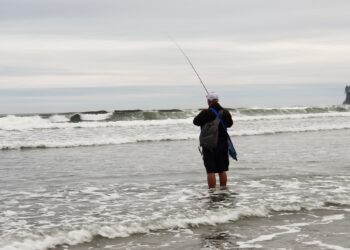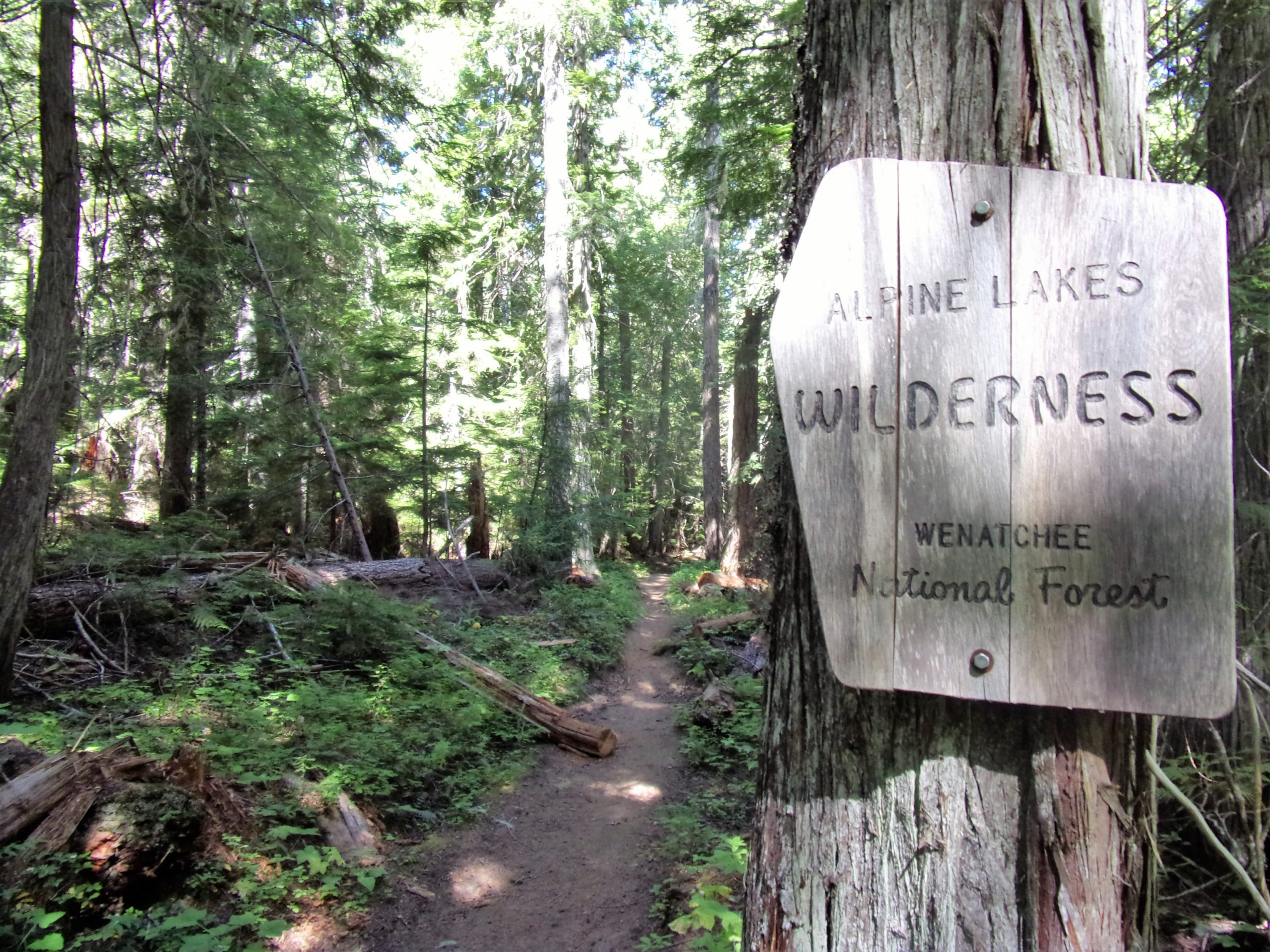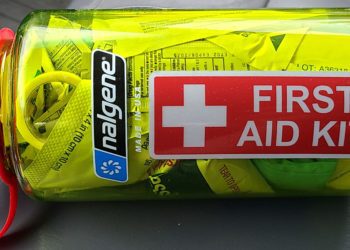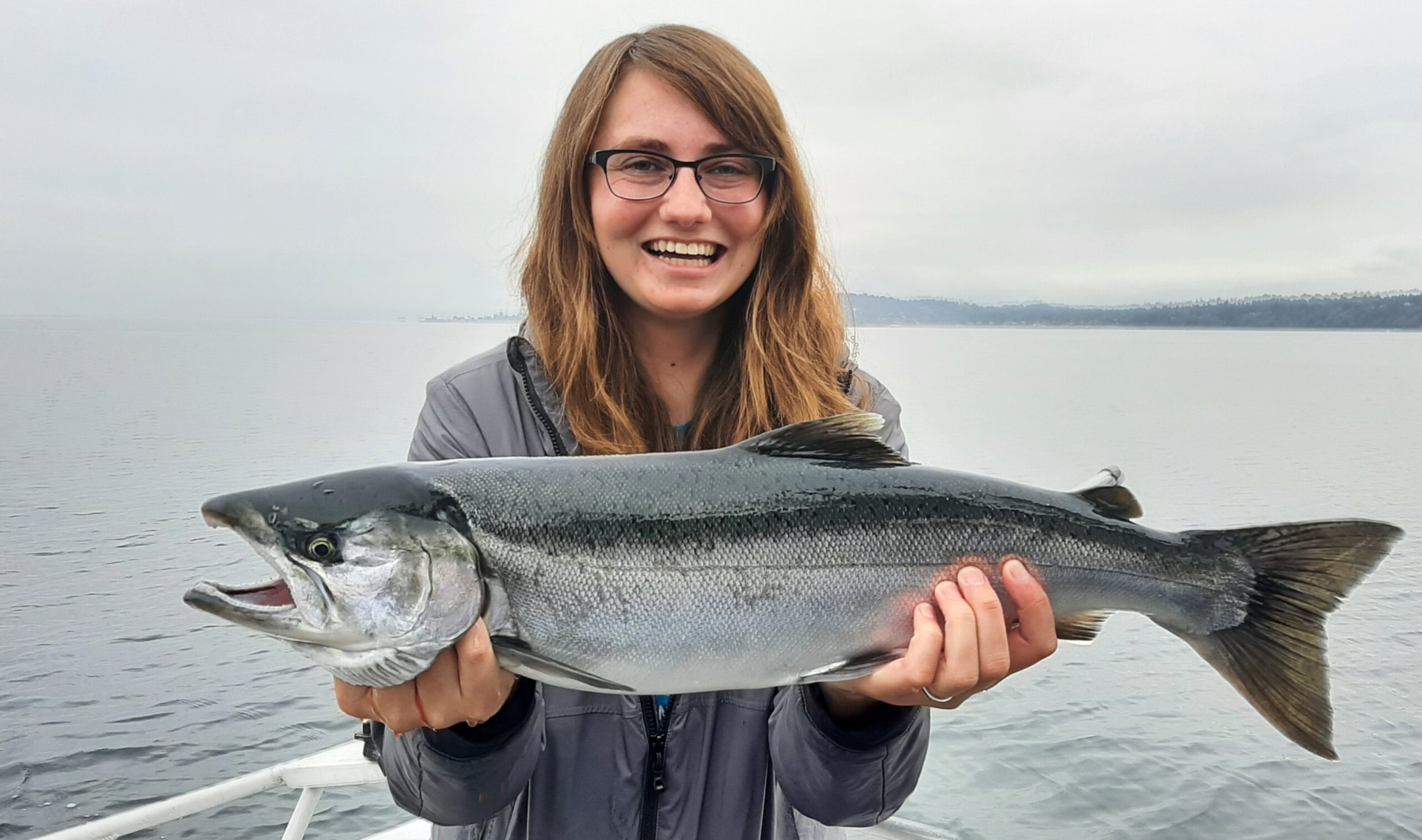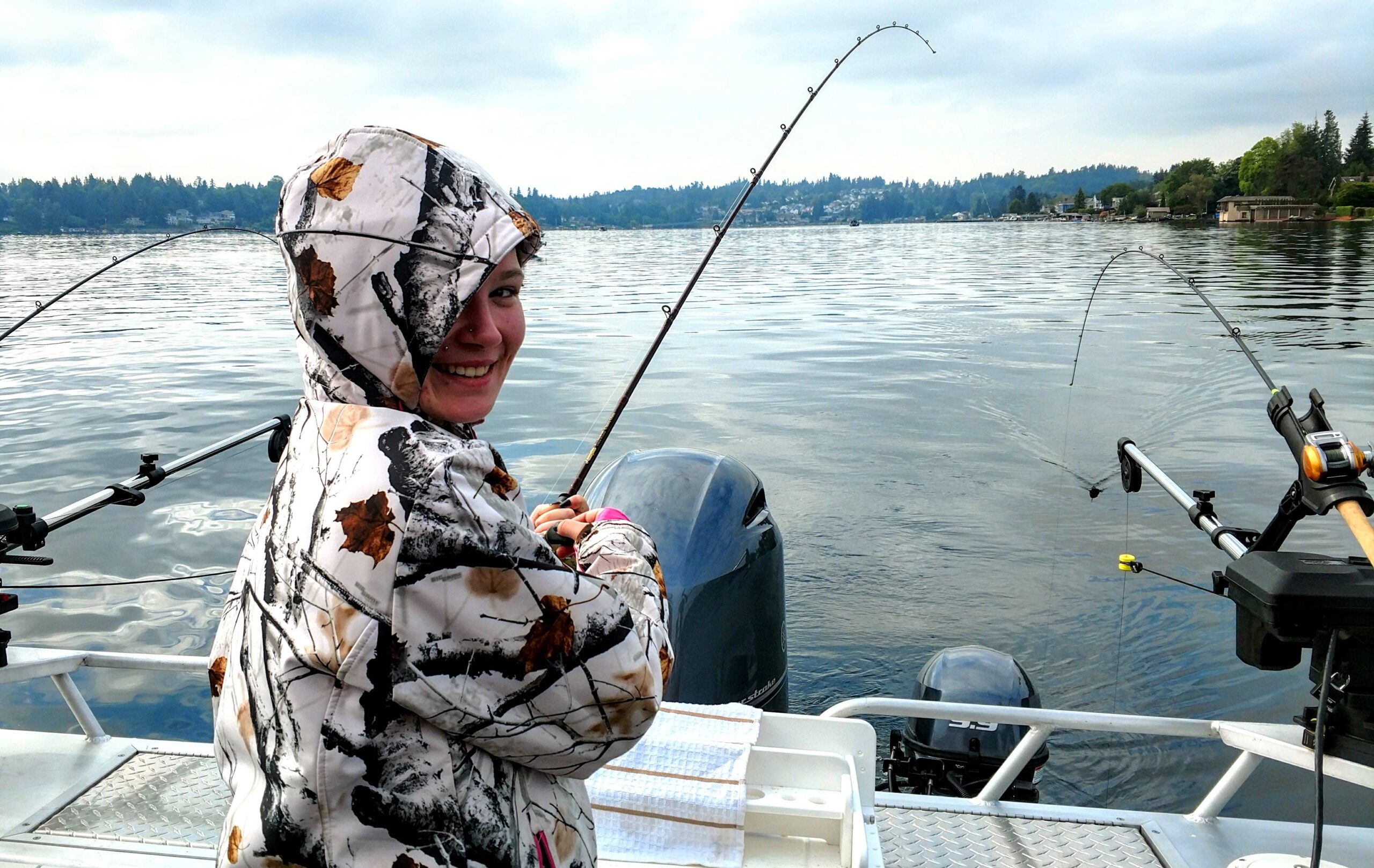Whoo-hoo, this month I drew the coveted Writer’s Choice card. I had planned to write a piece on late season Puget Sound chinook. A solid plan in place, but then came along the latest WDFW Fishing Rule Change. This closed Marine Area 10 to chinook fishing. This situation where the current estimate for chinook sublegal encounters for the summer fishery is at 122% of the agreed fisheries. The truly difficult part of the MA 10 closure is that MA 10 chinook catch rate typically peaks in mid-August.
I considered shifting the content and discussing areas that explain where to bag a chinook in Puget Sound. After internal debate, I decided I would shift chinook effort from MA 7, 9, 10 and 11 toremaining chinook fisheries. I thought better of the idea. Normally I am more than willing to share information. However, in this case the remaining fisheries really can’t handle the potential for increased fishing pressure. I’d be “Blowing Up” our few remaining opportunities. It’s a shame though, some of my best days on the waterwere caught August through September. I love writing about chinook fishing and the decision was a real dilemma for me. Dilemma or otherwise, in late July things changed and I decided to refocus my article.
This has been a summer of changes around the old homestead. We have and continue to have multiple remodeling projects in work. We moved my mother-in-law in and with few exceptions I’ve been working 6 days a week. Not complaining, all the right thing to do. And then to be honest I absolutely love my job and kind of go through some form of withdrawals when I’m not working… With the hectic schedule and lack of fishing (neither one of my boats have been off the trailer since May and then January before that) I was kind of evaluating life and sorting through what’s important or otherwise. I was even considering selling the boats.
Typically, we meet my fishing buddy, his wife, and sometimes other friends for a meal once a week. Usually, we meet at Billy’s in Burlington on Sunday mornings. We’re regulars and they have one of the best breakfasts in Skagit County. On a Friday morning in late July, I texted my fishing buddy to confirm our Sunday plans and he called me back to let me know that his wife, our close friend, had just had a stroke.
It was the last thing I ever expected to hear. Being that they are 20 years younger and in generally good health, the news was hard to comprehend. As couples we have spent a lot of time together; vacations, fishing, and of course our weekly outing, and nobody ever thought twice about our individual health. Instead of a fishing article I decided to write a brief public service piece.
A stroke is an interruption to the blood supply to the brain. Strokes are the result of an obstruction or damage to the arteries in the brain, such as a clot or aneurysm. A stroke can occur at any age and statistics show that 1 in 5 people that have a stroke are under 55, but the chance increases with age. The interruption can cause brain cells to die and depending on the location, can impact the victim’s speech, vision, cognitive abilities, movement, and/or coordination.
It is critical that you learn the symptoms and immediately react by calling 911.Remember the seconds count. Although the individual symptoms may not be unique to a stroke, the sudden onset or out of the ordinary onset of any of the following may be symptomatic of a stroke and requires immediate EMS care:
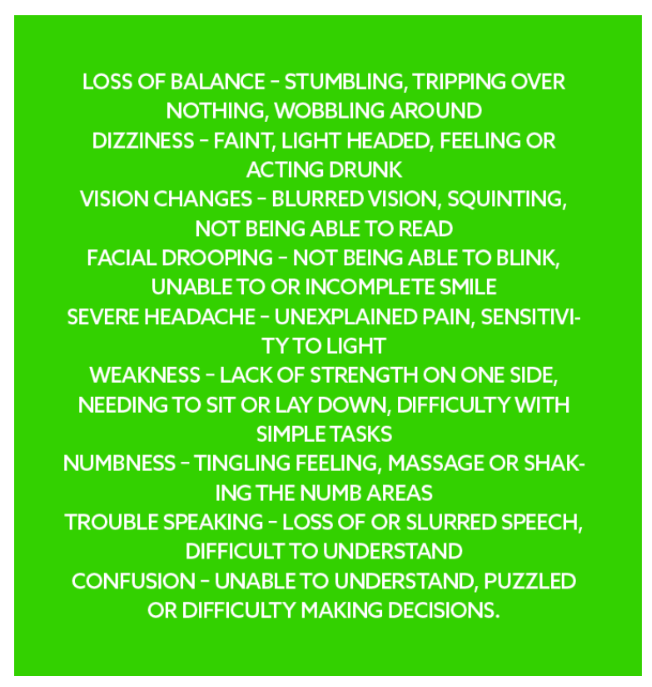
.
Again, recognizing the symptoms and reacting is critical when you suspect a stroke. As outdoorsmen, especially if you or your partner are in a risk category, make sure your cell phone is charged and/or your VHF is in working order.
Risk factors that we can’t change are race, gender, and family history. Fortunately, with the help of your family physician, there are risk factors we can manage to reduce the chance of having a stroke: Blood Pressure, Cholesterol Levels, Smoking, Weight, Physical Activity , and Diabetes.
By being familiar with stroke symptoms and taking action, both recovery and survival are possible. The onset of stroke symptom(s) is sudden with no warning. As soon as something seems off with a loved one or fishing and hunting partner you should take immediate action. Calling 911 may improve stroke recovery prospects and hopefully a piggy of a chinook will be in the cards down the road.
Reference material for this article is courtesy of: https://www.strokeawareness.com/patient/spread-the-word.html
Editor’s Note: As a Registered Nurse of over 35 years, I’d like to affirm that time is of the essence when it comes to strokes. If your fishing buddy shows signs of stroke it’s time to get off the water ASAP and get help. Another excellent source of stroke information can be found at https://www.stroke.org/








